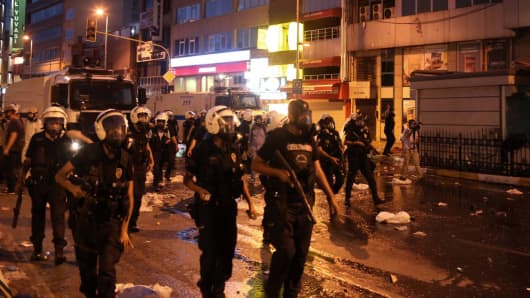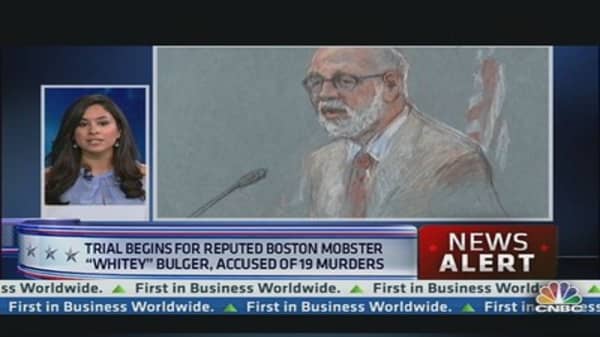Germany is seeking to delay EU membership talks with Turkey scheduled for this month, in response to Ankara's crackdown on mass demonstrations that have shaken the government of Recep Tayyip Erdogan.
The prospect that the negotiations – a potential turning point in the long and troubled relationship between Ankara and the bloc – could be put on hold came as the Turkish prime minister delivered a "final warning" to protesters that they were no longer safe to remain in Istanbul's Gezi Park, epicentre of the demonstrations.
"It is not exactly a good moment to be giving Erdogan any reward," said a senior German diplomat.
(Read More: Turkey's Erdogan Says Patience Run Out With Protesters)
Berlin, together with other EU states and the US, has called on Mr Erdogan to respect the protesters' freedom of expression. Mr Erdogan met protesters late on Thursday but earlier declared his patience at an end, urging a plebiscite to resolve the future of Gezi Park itself.
Ankara's membership prospects have long been clouded by the opposition of Angela Merkel, German chancellor, and other EU leaders. But both Ankara and the EU argue that kick-starting the stalled negotiations is important in improving relations between Turkey and the bloc, and bringing the country closer to EU standards.




